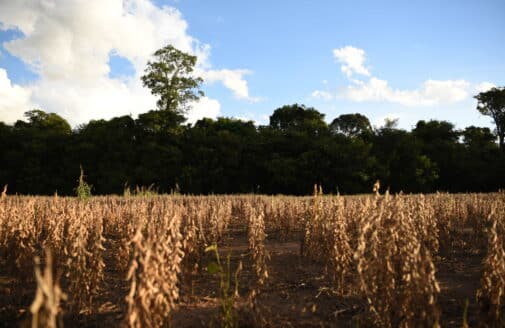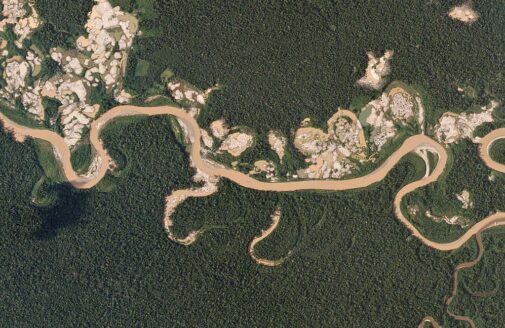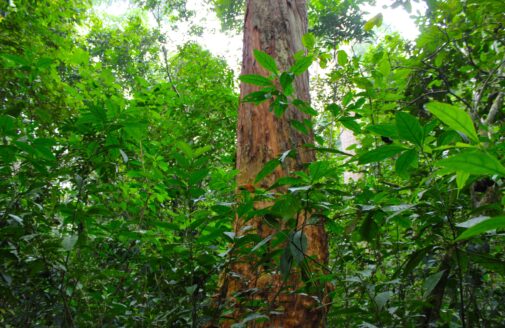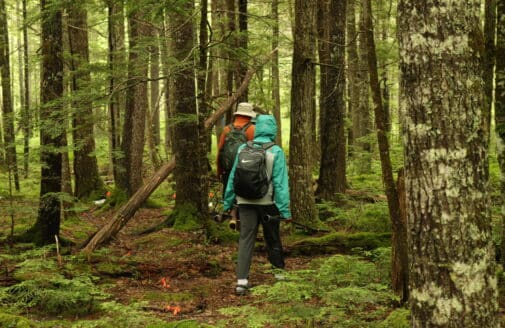Long-term research highlights environmental impact of agriculture (Portuguese)
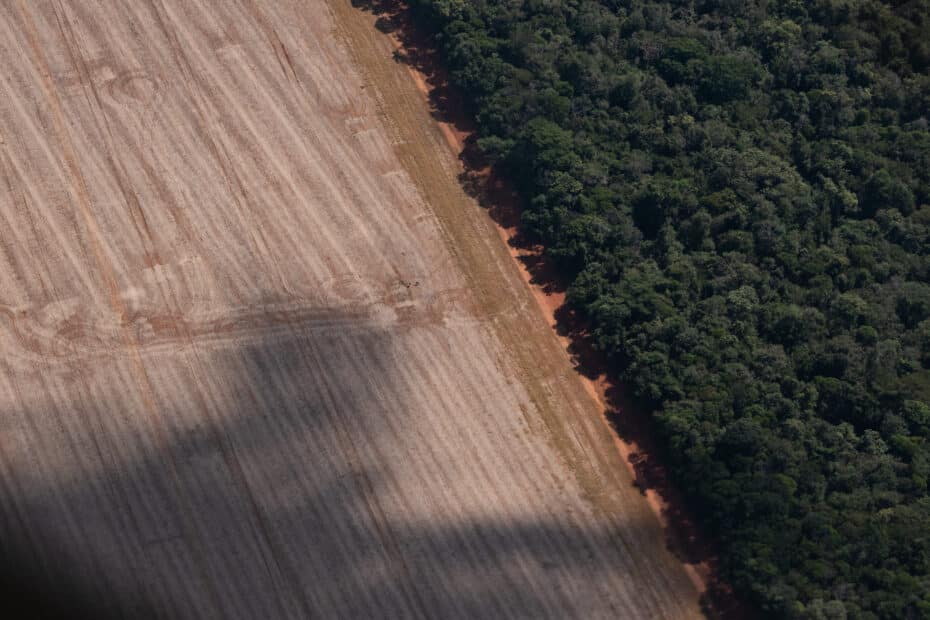
photo by Paulo Brando.
Long-term research highlights environmental impact of agriculture
Study carried out in ten micro-basins of the Xingu River, in Mato Grosso

How to reconcile the expansion of agricultural frontiers with the maintenance of the basin landscape and the integrity of the hydrological cycle, which are so necessary for human life? And how does all this have to do with food security? The search for these answers led researcher Márcia Macedo to develop, together with other researchers, a long-term study in ten micro-basins of the Xingu River, in Mato Grosso.
It was through the Tanguro Project, an initiative of the Amazon Environmental Research Institute (Ipam) in the city of Querência, that the researcher found the perfect environment to develop her first experiment in search of these answers. In an open-air laboratory, which brings together researchers from several countries, Márcia also had access to watercourses located on land with different uses. “It’s a place where we can compare forested basins, that is, integral ones, and basins with intensive agriculture. So we researched four basins for forestry and six basins for agriculture,” she explains.




